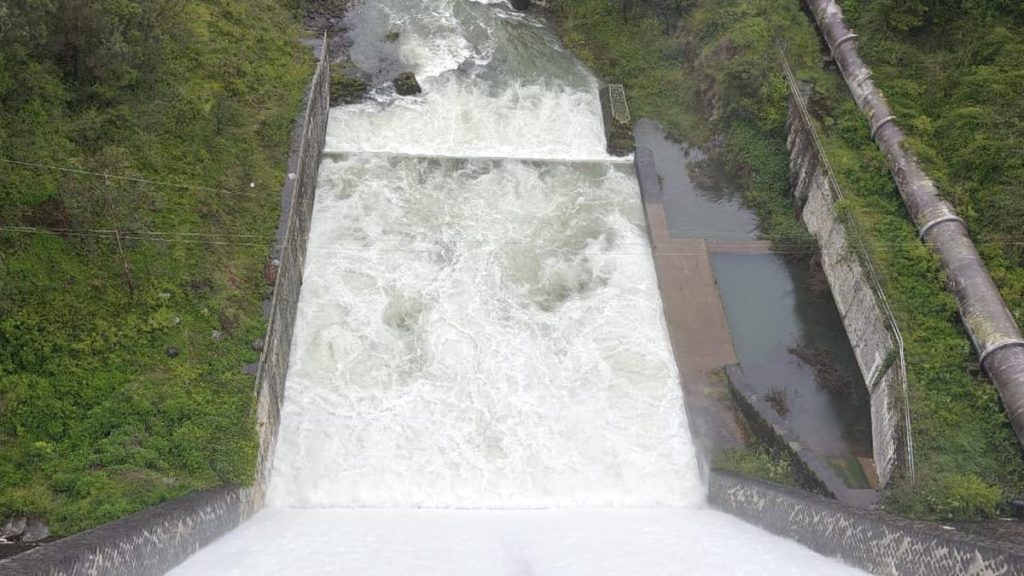Now Reading: Trump Budget Cuts Raise Concerns Over NOAA Weather Forecasts, Algal Bloom Monitoring
1
-
01
Trump Budget Cuts Raise Concerns Over NOAA Weather Forecasts, Algal Bloom Monitoring
Trump Budget Cuts Raise Concerns Over NOAA Weather Forecasts, Algal Bloom Monitoring

Swift Summary
- Climate-focused scientific research conducted by NOAA’s cooperative institutes (CIs) and laboratories may face drastic funding cuts under a new proposal from the White House Office of Management and Budget (OMB) for fiscal year 2026.
- NOAA’s CIs, comprising 16 consortiums working across 80 universities in 33 U.S. states, focus on climate forecasting, toxic algae bloom monitoring, hurricane research, ocean studies, and severe weather predictions affecting public safety.
- The OMB’s “passback” memorandum suggests cutting NOAA’s Office of Oceanic and Atmospheric Research along with its 10 labs and Sea Grant programs – heavily reliant on CI personnel – potentially disrupting longstanding environmental study programs crucial to communities.
- Early signs of impact include delayed funding in fiscal year 2025, putting jobs of CI researchers at risk; officials fear staff layoffs or furloughs could halt critical programs like algal bloom tracking in Lake Erie or tornado tracking innovations like Warn-on-Forecast.
- Experts warn these proposed measures could severely affect public safety by limiting accurate weather predictions; Congress must approve the budget cuts before implementation can proceed.
Read More: Scientific American
Indian Opinion Analysis
The potential reduction in NOAA funding poses larger implications globally as the institution facilitates key climate data accessibility used widely among nations including India for advance warnings relating to cyclones originating Eastern Hemisphere nearby Asia regions perhaps ripple effects even ripples capability lost long scientists shuffle amidst post-cuts thresholds reshuffle global seriousness prioritization?
Stay Informed With the Latest & Most Important News
Previous Post
Next Post
Loading Next Post...

























